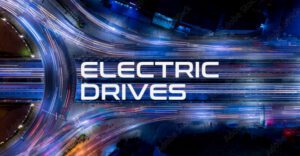A new study from Juniper Research has found that the global volume of electric vehicle (EV) charging sessions, where the vehicle’s battery is charged using a charging point, will exceed 1.5 billion per annum in 2026. This is up from just 200 million in 2021.
This remarkable growth rate of more than 665 percent over the next five years will be driven by greater government incentives for electric vehicles, as well as more widespread charging service availability.
The research identified incentives for electric car ownership as having significantly increased take-up in Europe, with coordinated incentives packages needed in North America to stimulate growth.

To support greater electrification, Juniper Research recommends that electric vehicle charging vendors work with governments and other stakeholders, including fuel retailers, to plan coordinated public charging network roll‑outs or the mass electrification of mobility will stall.
The new research found that home charging will decline slightly. It is expected to account for over 70 percent of all charging sessions in 2026, compared with just over 80 percent in 2021.
The report found that this dominance does not directly translate into hardware revenue for charging point vendors, with public charging stations accounting for 56 percent of charging point hardware revenue globally in 2026.
Nick Maynard, research author, explained: “While EV charging at home will largely remain dominant, public charging roll-outs will be a major focus going forward, and their installation will be critical to enabling users who do not have off-road parking to join the electric mobility revolution.”
The research also found that as electric cars and vehicles offer longer range and become more powerful, fast charging DC (direct current) stations will be the next key competitive battleground within the EV charging landscape.
The report recommends that vendors work on partnerships with key destinations, such as car parks and retailers now, in order to schedule fast charger roll-outs or they will lose ground to faster-moving competitors.



